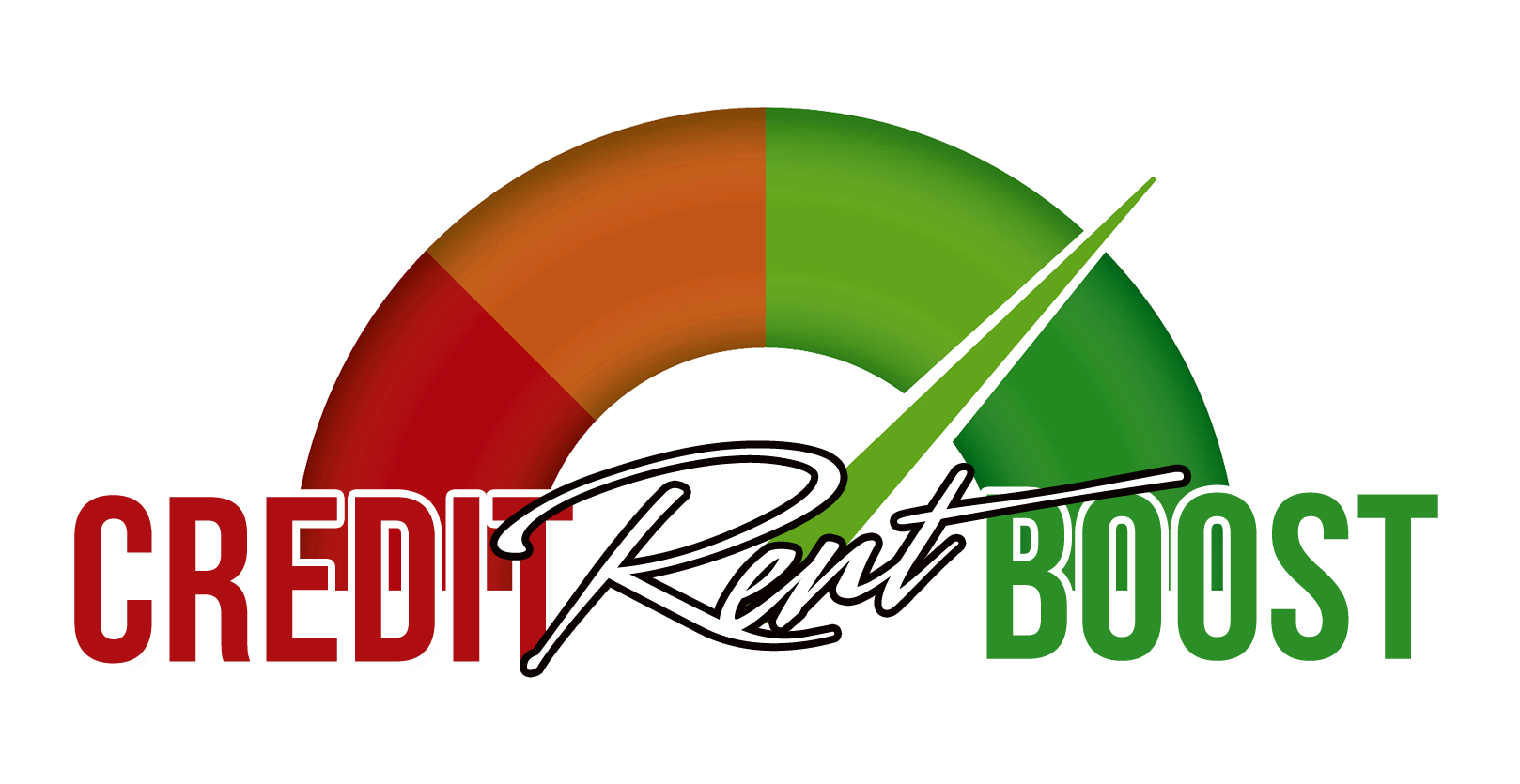Introduction to Rent Reporting: What Is It?
Rent Reporting might sound fancy, but it’s pretty straightforward. It’s a process where your rent payments get reported to credit bureaus. Why does this matter? Because it can help build your credit score, just like when you pay off a credit card or a loan on time. Not all landlords do this automatically, so sometimes you have to take the initiative. This method shows credit bureaus you’re good at paying bills on time, potentially boosting your credit score. Think of it as a way to make your rent work for you beyond just keeping a roof over your head.
The Importance of Rent Reporting in Building Credit
Starting rent reporting is a smart move if you’re looking to build or improve your credit score. Why? Because every rent payment you make is a chance to prove you’re reliable with money. Think of your credit score as a report card for your finances. Just like good grades show you’re doing well in school, a good credit score tells lenders you’re good at managing your money. Now, rent reporting works by having your rent payments reported to credit bureaus. Not all credit bureaus accept rent payments, but many do. And when they see you’re paying your rent on time, every month, it’s like getting an A+ in being financially responsible. This is crucial because a higher credit score opens doors to getting approved for loans, credit cards, and even affects your insurance rates and security deposits. It makes sense, right? Paying rent is probably your biggest monthly expense, so getting credit for it can really help your score climb. Remember, building credit doesn’t happen overnight, but with rent reporting, you’re laying down solid bricks on your path to financial success.
How Rent Reporting Works
Rent reporting turns your rent payments into a way to boost your credit score. Here’s how it works: when you pay your rent, this information gets sent to credit bureaus. Normally, rent payments aren’t tracked by these bureaus, but through rent reporting services, they recognize your payments just like they would a mortgage or car loan payment. It’s all about showing you’re good at paying bills on time. You sign up with a service that does rent reporting. They’ll work with your landlord or property manager to verify each rent payment you make. Once verified, these payments get reported to credit bureaus, and voila, your credit score can start to climb. Remember, not all credit bureaus will receive your rent payment data, so it’s important to choose a service that reports to at least one of the big ones like Experian or Equifax. This way, you get the most bang for your buck in building a healthier credit report.
First Steps: How to Start Rent Reporting Today
Starting rent reporting is simpler than you think. First, check if your landlord or property manager already reports to credit bureaus. If not, don’t sweat it. You can still get your rent payments on your credit report. Sign up with a rent reporting service like RentReporters, Rental Kharma, or CreditMyRent. They’ll handle the reporting for you, but they do charge a fee. Before you jump in, compare services to find the best fit for your needs. Look at their fees, which credit bureaus they report to, and read reviews from other users. Once you’ve picked a service, sign up on their website. You’ll likely need to provide some information about your lease and landlord. After that, you’re all set. Your rent payments will start contributing to your credit score, building a healthier financial future. Just keep paying your rent on time, and watch your credit score grow. It’s a small step with big potential benefits.
Choosing the Right Rent Reporting Service
When you’re ready to dive into rent reporting, picking the right service is key. Think of it like choosing a workout buddy. You want someone reliable, who motivates you to reach your financial fitness goals. There are a few big names out there, but the trick is finding the one that fits your unique situation. Look at three main things: cost, coverage, and compatibility. Some services might be free, but others can charge a monthly fee. It’s not just about the price tag, though. Check which credit bureaus they report to. Most aim for the big ones – Experian, Equifax, and TransUnion – but coverage can vary. Lastly, compatibility matters. Your rent reporting service should sync up with your landlord or property management without hassle. Don’t just jump at the first option. Do a bit of digging. Ask around. Think about what’s best for your credit journey. Remember, the right choice can make all the difference in boosting your credit score and opening up new financial doors.
The Process: Signing Up and Getting Started
Signing up for rent reporting is straightforward and doesn’t need a lot of paperwork. Here’s how to kick things off: First, find a rent reporting service that fits your needs. Lots of services out there, so do a bit of homework. Once you pick one, you’ll likely need to create an account on their platform. This step usually involves providing some basic info about yourself. Don’t sweat it; it’s nothing too invasive, just the usual stuff like your name and contact details. After you’re all set up, you’ll need to give them details about your lease. This part is crucial because they need to know you’re actually renting the place you say you are. They might ask for a copy of your lease agreement, so have that handy. Finally, there’s usually a fee involved. It varies by service, but think of it as investing in your financial future. Once you’ve got all this sorted, the service starts adding your rent payments to your credit reports. And that’s pretty much it. Straight to the point, no fluff. With a little effort up front, you’re on your way to potentially boosting your credit score just by paying your rent on time. Easy, right?
What Landlords Need to Know About Rent Reporting
Landlords, listen up. Rent reporting is becoming a game-changer. It’s like giving your tenants a pat on the back for paying rent on time, but in a way that boosts their credit score. Here’s the skinny. First, not all rent reporting services are created equal. You’ve got to pick one that actually reports to the big credit bureaus like Experian, Equifax, and TransUnion. Second, it’s a win-win. Your tenants get a better credit score, making them happier and possibly more loyal. Plus, it encourages on-time rent payments. Who doesn’t want that? Remember, though, you might have to pay a fee to use these services or pass it onto your tenants. So, choose wisely. Bottom line: Rent reporting is a good move. It helps your tenants, keeps your cash flow steady, and just makes you a cooler landlord. Seriously, consider it.
Handling Common Challenges and Questions
When starting rent reporting, you might hit a few bumps. Here’s how to handle them. “Will this boost my credit?” Yes, most of the time. Rent reporting can show your commitment to paying bills, positively influencing your credit score. But remember, not all credit bureaus might include this data, so check which ones do. “What if my landlord doesn’t report?” Not a problem. Several third-party services allow you to report your rent to credit bureaus for a small fee. Do your research to find the best fit. “Is there a catch?” Keep in mind, consistent payment is key. Just like any other credit activity, late payments can harm your score. So, paying rent on time is crucial. Unsure where to start? Look into rent reporting agencies online, compare their services, and pick one that matches your needs. Starting might seem tough, but overcoming these challenges is a step towards better credit health.
Analyzing the Costs: Is Rent Reporting Worth It?
Digging into the cost of rent reporting, many wonder, is it worth the cash? Let’s break it down. Generally, several services offer rent reporting, with prices floating around (25 to )100 to start, plus a monthly fee. These fees might feel like a pinch, but consider the upside. Building a credit history without a credit card or loans gets easier. That means down the line, qualifying for a mortgage or a car loan could be less of a headache, and possibly even cheaper with better interest rates. It’s like investing in your financial future. Every situation is different, though. If your credit is already solid or you’re tight on money, weigh if this monthly bill makes sense for you. For many, the potential boost in credit score is a clear win, opening doors to bigger financial goals.
Final Thoughts: Maximizing the Benefits of Rent Reporting
To get the most out of rent reporting, stay on top of your rental payments. Late payments can ruin the credit-building purpose of rent reporting. Whenever possible, automate your rent payments to avoid missing any. Not all rent reporting services are created equal, so select one that reports to all three major credit bureaus — Experian, Equifax, and TransUnion. This maximizes the impact on your credit score. Keep an eye on your credit score after you start rent reporting. This way, you’ll know it’s working. And remember, rent reporting is just one piece of your financial puzzle. Combine it with other smart financial behaviors like paying bills on time, keeping low balances on your credit cards, and not taking on unnecessary debt. Together, these steps can help you build a stronger credit score faster.









